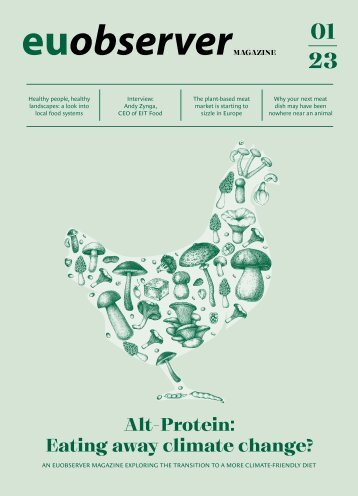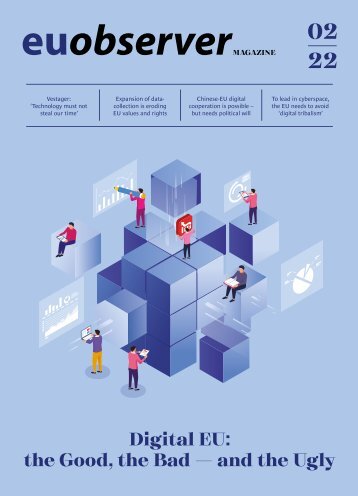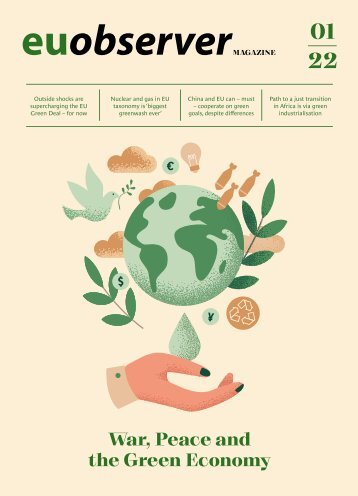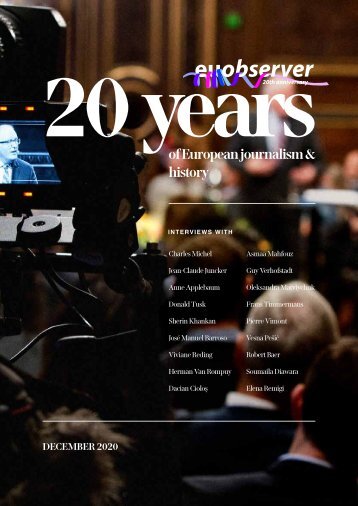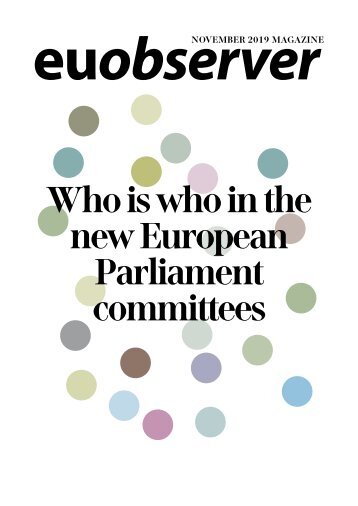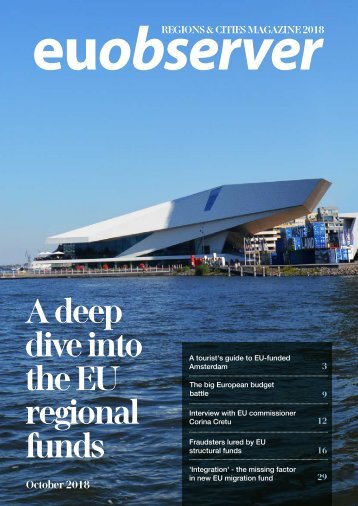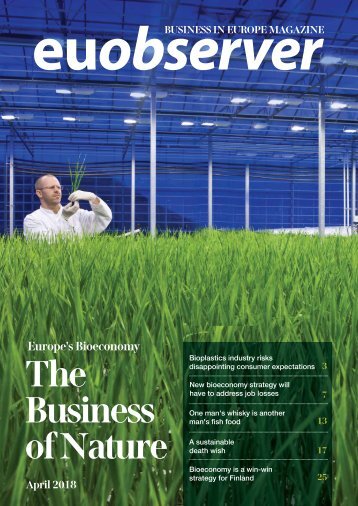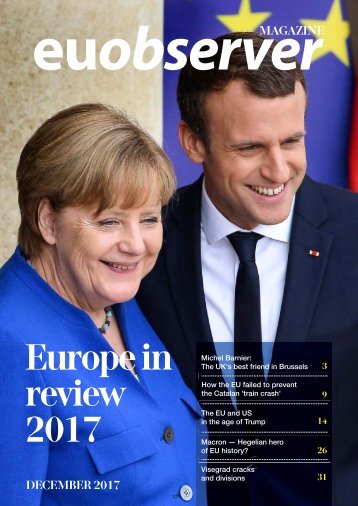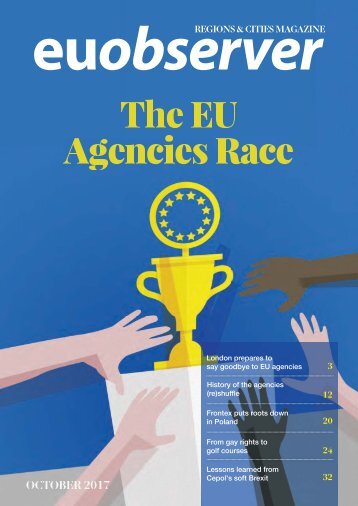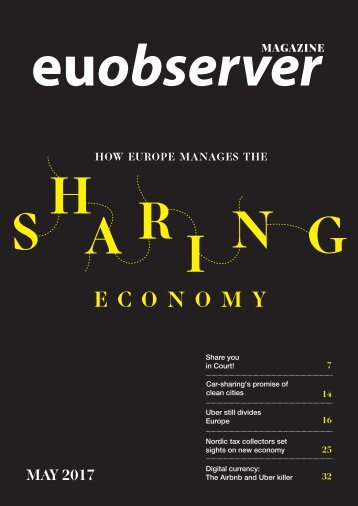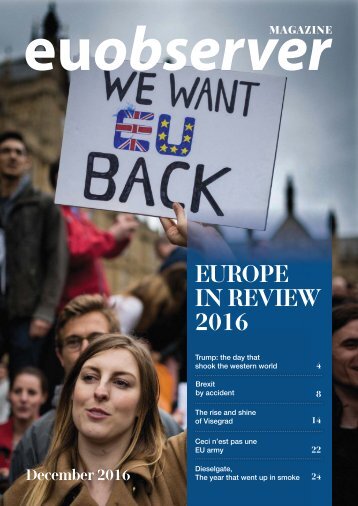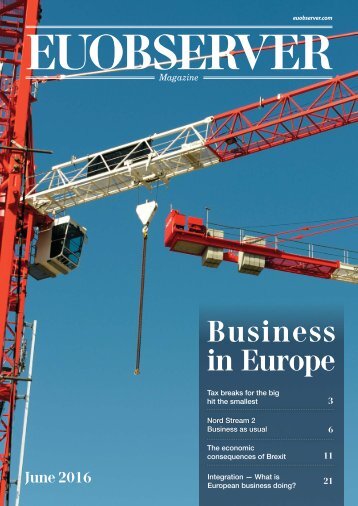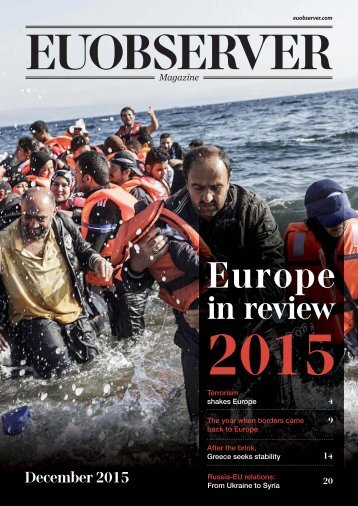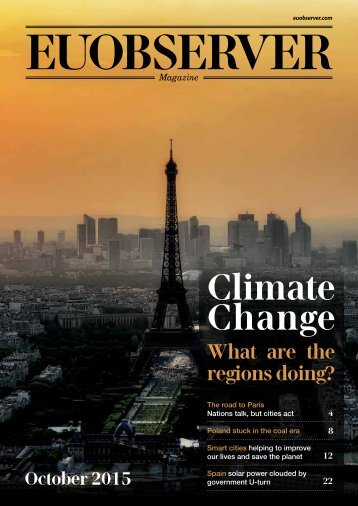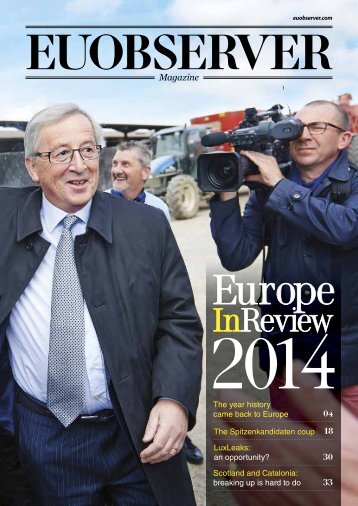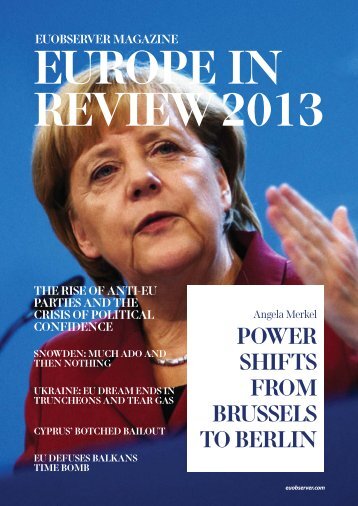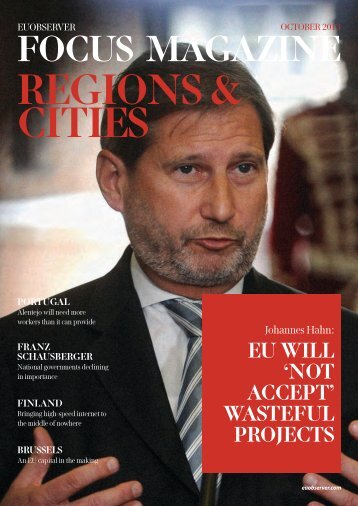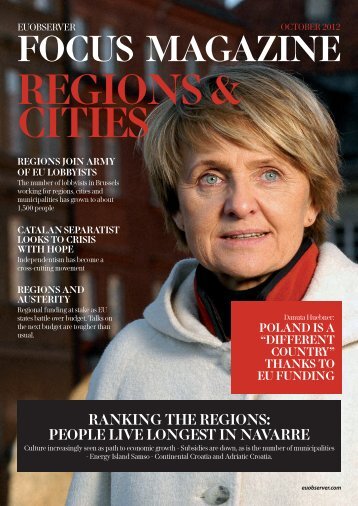How Europe manages the sharing economy
- Text
- Tech
- Europe
- Agenda
- Market
- Economy
- Smartphone
- Digital
- Economy
- Economy
- Airbnb
- Uber
- Union
- Politics
- Euobserver
- Business
- Economy
UBER GONE FROM DENMARK
UBER GONE FROM DENMARK (for now) Ride-sharing service Uber has shut down activities in Denmark since 18 April in protest over a new law introducing the same requirements for Uber as for other taxi services. By Lisbeth Kirk Uber has been active in Denmark for three years now, and its app has been downloaded by an estimated 300,000 people in the country. "It is not necessarily a farewell to Denmark but a message that we can not live with the legislation that is now on the table. Therefore we have decided to close," said Uber's spokesman in Denmark, Kristian Agerbo. service centre, where all information and details on the ride must be stored. number of licenses issued will be unlimited only after a three-year introductory phase. The closing of Uber in Denmark comes as bad news for the ultra-liberal junior partner in the government, the Liberal Alliance party. The decision by Uber comes in protest against a new taxi law, on which a broad majority of political parties in the Danish parliament agreed the principles in February. The transport minister, Ole Birk Olesen, who belongs to that party, pushed the new law through political negotiations, in the belief that it would be helpful to Uber. According to the new draft law, all transportation of persons for remuneration, which goes beyond the direct costs of driving, is to be considered a perform such services. license has also been introduced by the new law, which amounts to a minimum of € 5,300 (40,000 Dkr) Account auditing for the service will be made obligatory, unless the driver operates via a so-called "Uber is probably illegal in its current form under the current taxi law, something the new taxi law probably does not change," Olesen said in a statement. "It is unfortunate that there was no majority for the liberalisation of taxi law which would have made it easier for Uber and similar run services to operate legally in Denmark," the minister added. It is estimated that Uber had around 2,000 drivers in Denmark. 24 — SHARING ECONOMY & EUROPE MAY 2017
Nordic tax collectors set sights on new economy The sharing economy is set to grow a stunning 1200 percent in Finland, posing a challenge to tax systems in Nordic welfare states. By Lisbeth Kirk I € 10 by providing another teenager one hour's worth of online training in playing an online game. Let's call him Magnus, and see what happens when he tells the news to his parents over dinner. Magnus has ever made from his own work. Soon the sum will be transferred to his PayPal account by another teenager in return for one hour's worth of online training in playing an online game. Magnus did not need an employer to make this money. He operates from a PC in his teenage bedroom and makes contacts via social media networks. ”How about tax?” his father wants to know. ”He should go online and declare the earnings as says. But it would not be possible for the tax authorities to control whether Magnus actually declares his revenues, as PayPal will not release the information to the tax authorities. NO SHARING OF INFORMATION Getting information from the online platforms that facilitate the sharing economy is a growing problem for Nordic tax authorities. ”The Nordic countries have all relatively high tax same challenges," explains Bjoern Fritjofsson, senior adviser to the Nordic Council of Ministers. A recent seminar for Nordic tax experts revealed a broad interest in pressuring the platforms, whether Airbnb or Uber, for more information. He was never educated about tax issues at school nor does he know that income information should be reported to tax authorities – the sum is too small to matter anyway, he says. ”Magnus would be obliged to pay tax and labour market contribution for the money earned,” explains Malte Thomsen from SKAT Denmark. ”The experts meet to exchange information and experiences on how to handle the growing Fritjofsson says. ”It is generally easier when you operate as a group, that are specialised in taxation of the platformdriven economy”.
- Page 1 and 2: HOW EUROPE MANAGES THE E C O N O M
- Page 3 and 4: A TRANSFORMATION THAT LACKS A COMMO
- Page 5 and 6: For Airbnb, which allows its users
- Page 7 and 8: SHARE YOU IN COURT! Regulatory syst
- Page 9 and 10: Home-sharing site Airbnb is facing
- Page 11 and 12: The sharing economy started out wit
- Page 13 and 14: PEOPLE BENEFIT But the changing bus
- Page 15 and 16: cyclists Photo: Pedro Ribeiro Simõ
- Page 17 and 18: In Brussels, it's easy to make a ta
- Page 19 and 20: SUSTAINABLE ENERGY WEEK CLEAN ENERG
- Page 21 and 22: as these. The real trouble is cause
- Page 23: a host rented out their apartment l
- Page 27 and 28: Many of them, like Uber, Airbnb and
- Page 29 and 30: Lobbyists educate EU policymakers o
- Page 31 and 32: Photo: European Commission “We ar
- Page 33 and 34: Unlike Bitcoin, Ethereum is also ab
- Page 35 and 36: Executive Master of European and In
Inappropriate
Loading...
Mail this publication
Loading...
Embed
Loading...

